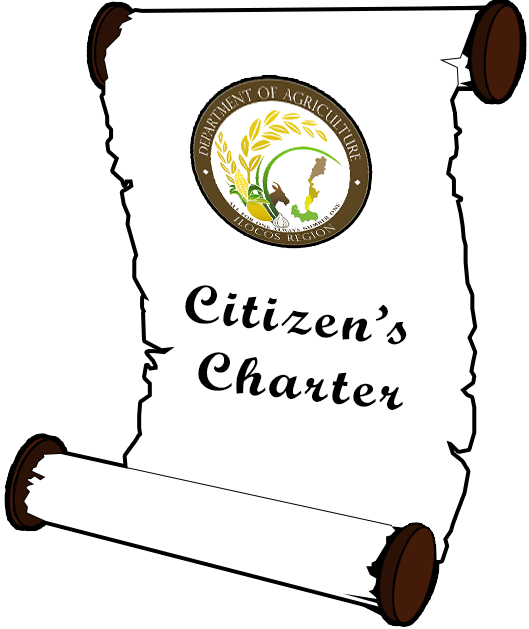Continuing efforts to ensure food security amid the COVID-19 crisis, stakeholders from the province of Pangasinan were acquainted on their roles and responsibilities in the implementation of the Plant Plant Plant program.
Stakeholders convened were Bureau of Plant Industry – National Seed Quality Control Services Region 1 center chief, Dr. Benito Andaya; National Irrigation Administration Pangasinan representative, Engineer Dennis De Vera; Pangasinan Provincial Agriculturist, Ms. Dalisay Moya; Regional Agiculture and Fisheries Council Chairperson, Mr. Vincent Adorna; along with Municipal and City Agriculturists and members of the Agricultural and Fisheries Council of the selected local government units.
The PPP program is composed of 13 projects namely increased NFA’s fund for buffer stock; upscaling of KADIWA ni Ani at Kita program; Rice Resiliency Project (RRP); corn-livestock integration and corporative farming; Expanded Small Ruminants and Poultry Project; Enhanced White Corn Production for Food Resiliency; Fisheries Resiliency Project; Urban Agriculture Project; Revitalized Gulayan Project; Expanded Survival and Recovery Assistance (SURE) Aid and Recovery Project; and sustained information, educations and communication project.
Mainly a rice producing province, Pangasinan was prioritized first for the program orientation given that 60 percent of the 311,045 area comes from the province.
“You (Pangasinan) will open the door towards this particular project- the Rice Resiliency Project,” noted DA-RFO 1 Regional Executive Director Lucrecio R. Alviar, Jr., stressing that the active participation of the provincial and municipal agriculturists is critical in the efficient implementation of the RRP.
RRP focuses on increasing the production of local rice farmers amid the pandemic through seeds and fertilizers distribution.
The components of RRP are expanded hybrid rice production; RCEF enhanced; and expanded inbred rice production with a project fund amounting to Php1.3 billion to cover the 311,045 hectares of rice areas in the region.
Farmer beneficiaries who will be provided with these interventions must be enrolled in the Registry System for Basic Sectors in Agriculture (RSBSA). //














